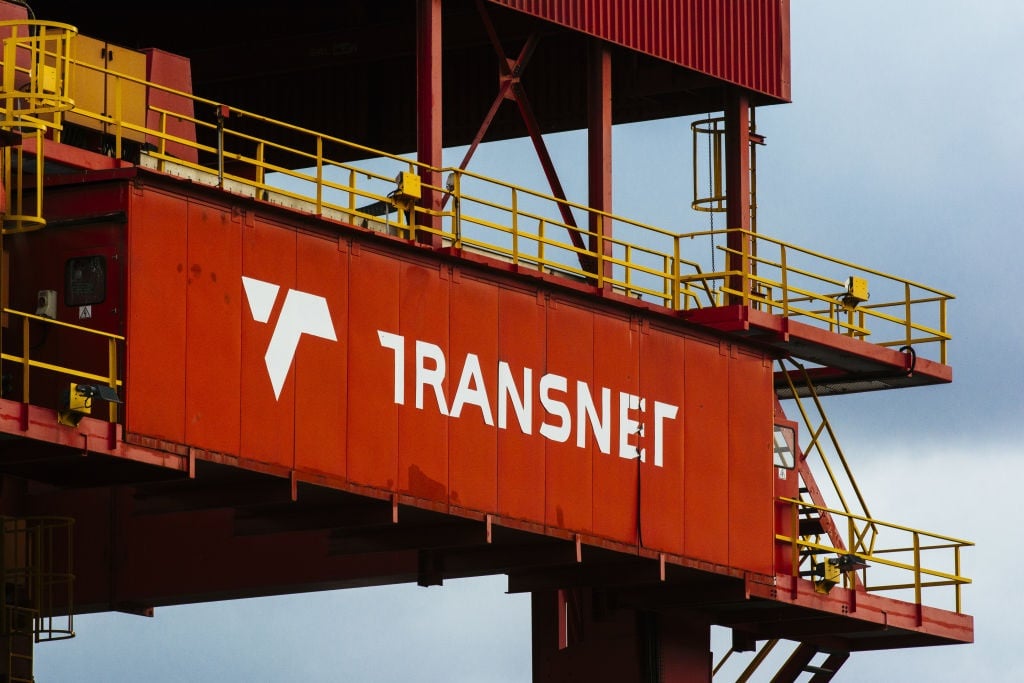
Transnet’s 24% profit increase could be too good to be true.
The state-owned rail company on Monday said that it had managed to make a profit of R6 billion over the past financial year, which would see it stand head and shoulders above the country’s other state-owned enterprises.
Turnover increased by 1.6% to R74.1 billion, it reported.
But, according to its financial statements, the dramatic increase in profit was largely as a result of an increase in the valuation of its property investments.
Economist Ulrich Joubert warns that paper is patient, especially under current economic circumstances, but one has to be careful when it comes to these kinds of valuations.
He points out that, in many cases, Transnet has a monopoly on the leasing of its properties because lessors are forced to rent property from it. An example of this is harbours.
Economists.co.za’s chief economist Mike Schüssler is critical about how much there is for taxpayers to get excited about.
He points out that the tariff for the transport of petrol from the coast to Gauteng has increased by 301% over the past nine years, while inflation during the same period has increased by just 59%.
This is just one of the examples of how Transnet has made its own financial affairs look good while it strangles the economy with higher tariffs, said Schüssler.
He said that Transnet’s pipelines had increased income by more than 9% in the financial year ending in March, while its rail freight division, which is considerably larger than its other divisions, saw a decline in its income and volume.
In the 2017/18 financial year, the petrol pipeline tariff was 41.5c/litre. This increased by nearly 25% to 51.7c/litre and then to 57.5c/litre, to the present level, an increase of more than 12%, said Schüssler.
This all happened while Transnet’s principal activity, rail freight, continued to decline.
Coal volumes have declined from 77 million tons to 72 million tons, and general freight from 90.8 million tons to 84.7 million tons.
Iron ore volumes remained relatively stable.
With the world economy slowing, and the tide of public opinion turning against coal worldwide, these volumes could decline even further. This does not bode well for Transnet.
The carrying capacity of Transnet’s network is underutilised, with the Richard’s Bay line capable of carrying 90 million tons.
To allow private operators on to the network for a price could be a good idea and, over the long term, it would be advisable to separate the rail network from the rail operator, said Schüssler.
These are also suggestions that Finance Minister Tito Mboweni advocates in his economic growth plan.
However, Transnet’s acting CEO, Mohammed Mahomedy, said during the release of the results that it would be very complex to allow private operators on to the network.
Joubert said that the high point of Transnet’s results presentation was that it wouldn’t require bailouts or state guarantees to ensure its survival.
“At least Transnet is making a profit, but it’s important that it facilitates economic growth through its tariffs, rather than feeding itself as a monopoly,” he said.
Joubert also warned against the decline in rail freight volumes, and said that large volumes of commodities should be transported by rail, rather than by road.
Another warning sign lurks in Transnet’s expenses. Joubert said Transnet’s workforce declined by 600 people over the financial year, but personnel costs had increased by more than R1 billion, which was concerning.
According to Schüssler, the average annual income of a Transnet employee is R450 000, which is relatively high.
In addition, Transnet had to record a devaluation of R1.4 billion on its books as a result of assets that had been derailed.
 | ||||||||||||||||||||||||||
Get in touchCity Press | ||||||||||||||||||||||||||
| ||||||||||||||||||||||||||
| Rise above the clutter | Choose your news | City Press in your inbox | ||||||||||||||||||||||||||
| City Press is an agenda-setting South African news brand that publishes across platforms. Its flagship print edition is distributed on a Sunday. |




 Publications
Publications
 Partners
Partners








